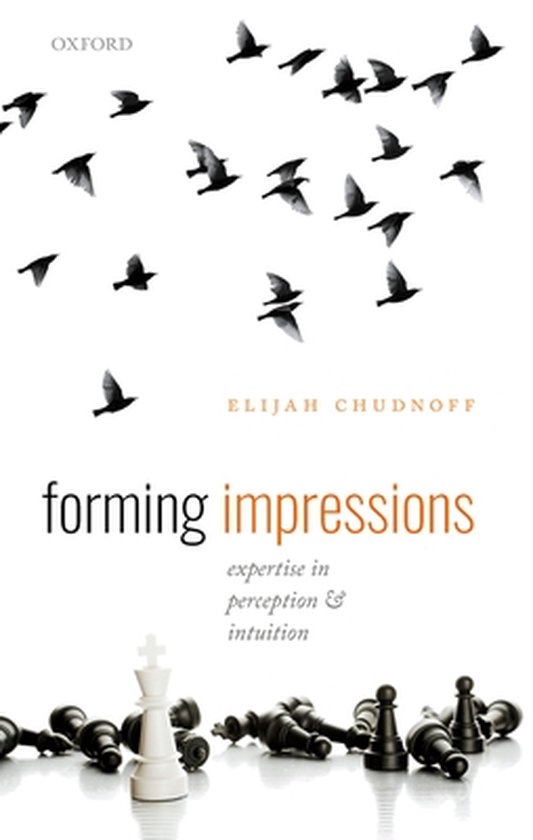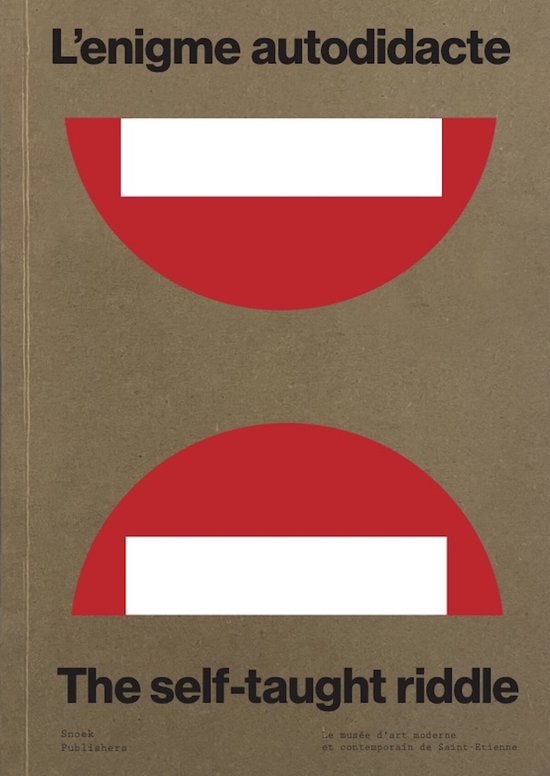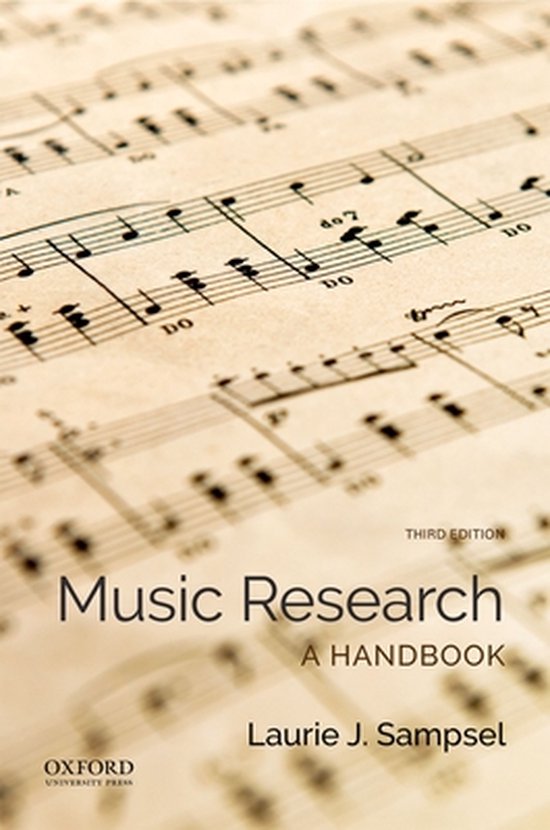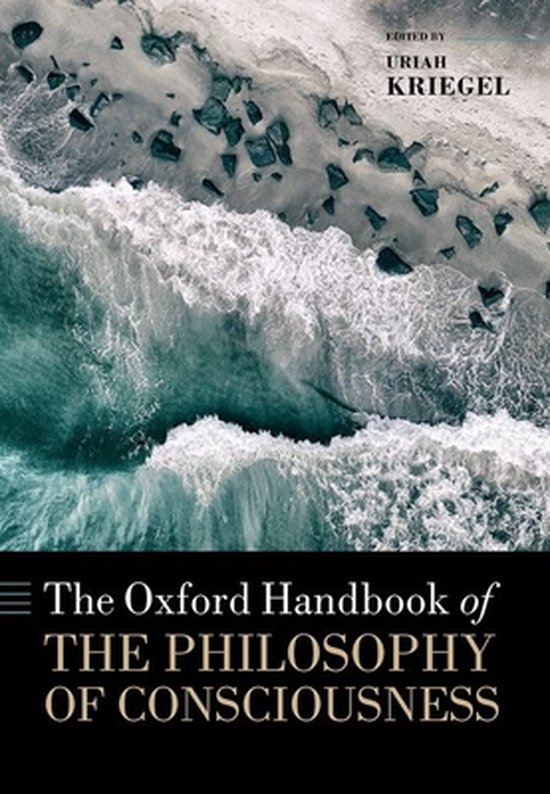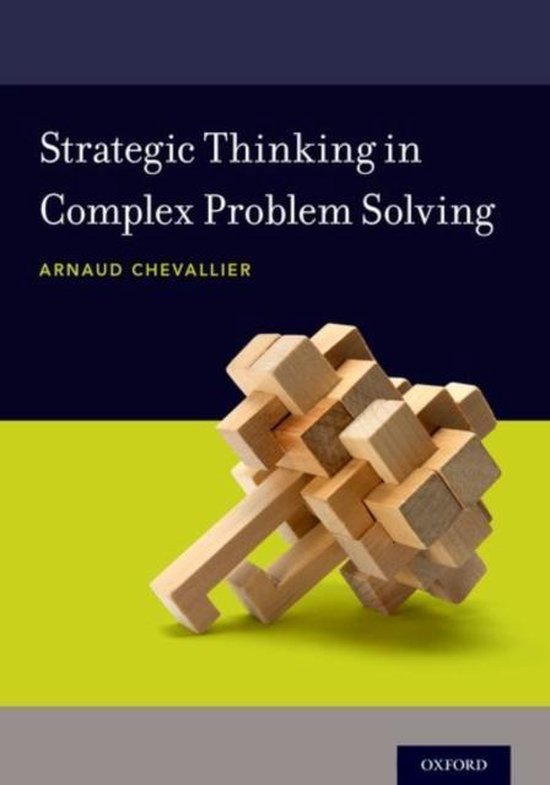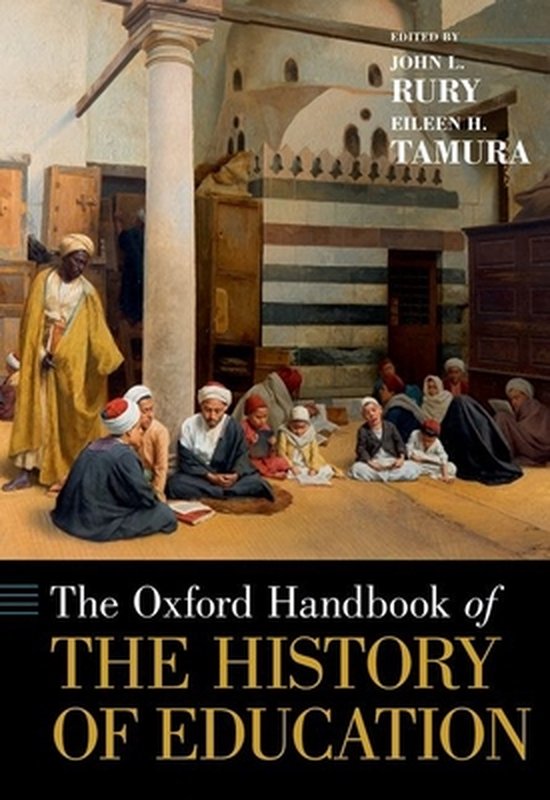
The Oxford Handbook of the History of Education
This handbook offers a global perspective on the historical development of educational institutions, systems of schooling, educational ideas, and educational experiences. Its 36 chapters consider the field's changing scholarship, while examining particular national and regional themes and offering a comparative perspective. Each also provides suggestions for further research and analysis.
This handbook offers a global view of the historical development of educational institutions, systems of schooling, ideas about education, and educational experiences. Its 36 chapters consider changing scholarship in the field, examine nationally-oriented works by comparing themes and approaches, lend international perspective on a range of issues in education, and provide suggestions for further research and analysis. Like many other subfields of historical analysis, the history of education has been deeply affected by global processes of social and political change, especially since the 1960s. The handbook weighs the influence of various interpretive perspectives, including revisionist viewpoints, taking particular note of changes in the past half century. Contributors consider how schooling and other educational experiences have been shaped by the larger social and political context, and how these influences have affected the experiences of students, their families and the educators who have worked with them. The Handbook provides insight and perspective on a wide range of topics, including pre-modern education, colonialism and anti-colonial struggles, indigenous education, minority issues in education, comparative, international, and transnational education, childhood education, non-formal and informal education, and a range of other issues. Each contribution includes endnotes and a bibliography for readers interested in further study.
This handbook offers a global view of the historical development of educational institutions, systems of schooling, ideas about education, and educational experiences. Its 36 chapters consider changing scholarship in the field, examine nationally-oriented works by comparing themes and approaches, lend international perspective on a range of issues in education, and provide suggestions for further research and analysis. Like many other subfields of historical analysis, the history of education has been deeply affected by global processes of social and political change, especially since the 1960s. The handbook weighs the influence of various interpretive perspectives, including revisionist viewpoints, taking particular note of changes in the past half century. Contributors consider how schooling and other educational experiences have been shaped by the larger social and political context, and how these influences have affected the experiences of students, their families and the educators who have worked with them. The Handbook provides insight and perspective on a wide range of topics, including pre-modern education, colonialism and anti-colonial struggles, indigenous education, minority issues in education, comparative, international, and transnational education, childhood education, non-formal and informal education, and a range of other issues. Each contribution includes endnotes and a bibliography for readers interested in further study.
| Auteur | | |
| Taal | | Engels |
| Type | | Hardcover |
| Categorie | | Onderwijs & Didactiek |
